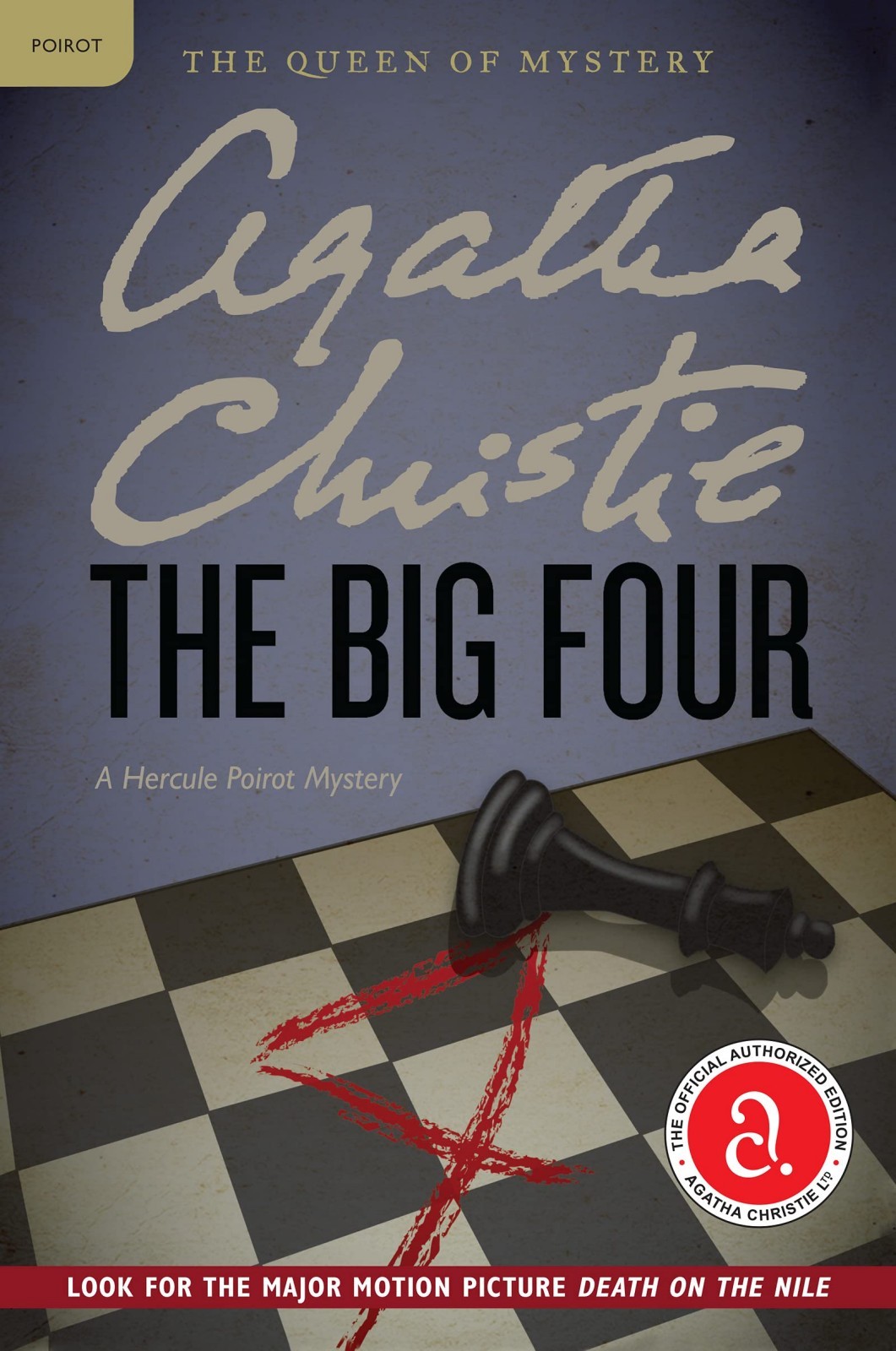The Little Stranger
Title: The Little Stranger

Author: Sarah Waters
Published in: 2009
Date read: 5th January 2019
Score: 5/5
Genre: Supernatural, Psychological
Plot: (Warning, may contain spoilers):
"The Little Stranger" by Sarah Waters, published in 2009, is a gothic ghost story set in post-World War II Warwickshire, England. It's a nuanced psychological thriller that blurs the lines between supernatural haunting, mental decay, and the anxieties of a changing social order, told from the perspective of an increasingly unreliable narrator.
The story is narrated by Dr. Faraday, a humble country doctor who, in the summer of 1947, is called to Hundreds Hall, a once-grand Georgian estate now in a state of advanced decay. The Hall is home to the remnants of the aristocratic Ayres family: Mrs. Ayres, her reserved daughter Caroline, and her shell-shocked son Roderick, a veteran deeply scarred by the war.
Faraday, a man from a working-class background, is fascinated by Hundreds Hall, having visited it as a child. He becomes increasingly involved in the family's lives, drawn to the crumbling grandeur and the faded glory of the Ayres.
However, a series of increasingly disturbing and malevolent events begins to plague the family and the house. What starts as minor disturbances – strange noises, objects moving – quickly escalates to violent poltergeist activity, self-inflicted injuries, and ultimately, death. The Ayres family attributes these phenomena to a malevolent supernatural presence, a ghost determined to drive them out or destroy them.
Roderick, already fragile, descends into madness, claiming to be tormented by an unseen force. Caroline, pragmatic and resilient, struggles to protect her family and keep the estate afloat, but even she begins to succumb to the psychological strain. Mrs. Ayres becomes convinced that the ghost is her deceased first child, Susan, and that it is acting out of jealousy or malice.
Dr. Faraday, ever the rationalist, attempts to find logical explanations for the occurrences, even as the evidence defies reason. Yet, his own detached observation and growing intimacy with the family (particularly his ambivalent relationship with Caroline) seem to coincide with the escalation of the terrifying events. The narrative subtly suggests that the "haunting" could be a genuine supernatural entity, or a manifestation of the family's collective trauma, the house's decay, or even something more insidious connected to Faraday himself.
The novel is a slow-burn of dread and psychological tension, exploring themes of class, decline, the suffocating grip of the past, and the insidious nature of fear. The climax sees the remaining members of the Ayres family pushed to their breaking point, with the ultimate cause of the hauntings left deliberately ambiguous, leaving the reader to ponder the true nature of the "little stranger" that brought the house down.
Comments:
This book was recommended to me by a friend and teacher of English. She knew how much I enjoyed a good ghost story and it was a perfect match for me. I could not put it down ang I can't recommend it enough. The most important part thing that I want to get across it the skill of the writer, although it may seem trivial to some of you, I was sitting in my conservatory on a hot spring day when reading about how cold it was in the house in the story and despite the temperature in my home, I began to shiver.
Books that we've read by Sarah Waters (1):
The Little Stranger (2009)
This page was updated on: 12th August 2025

